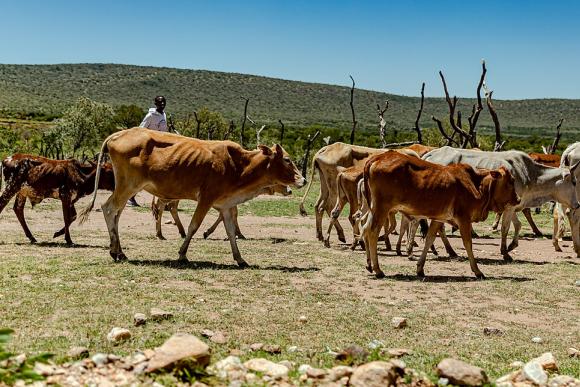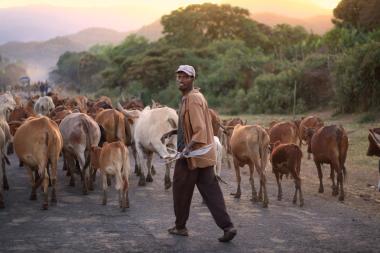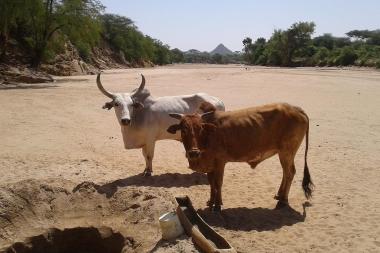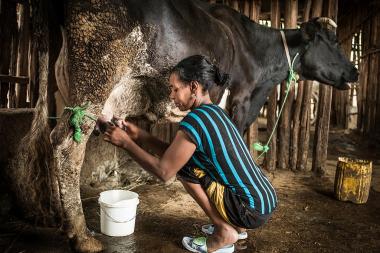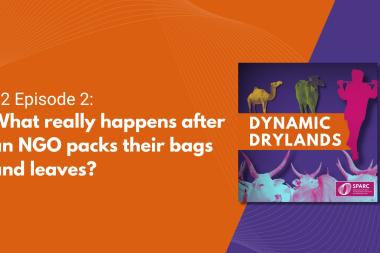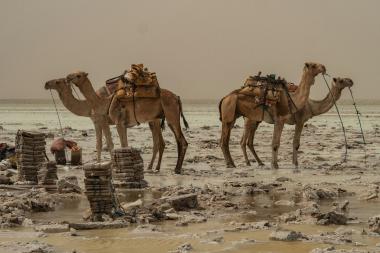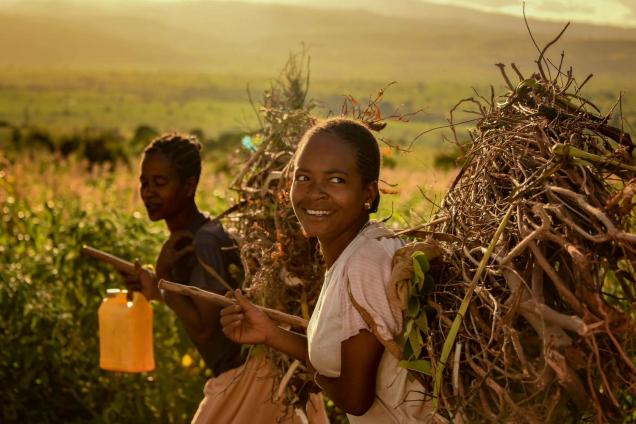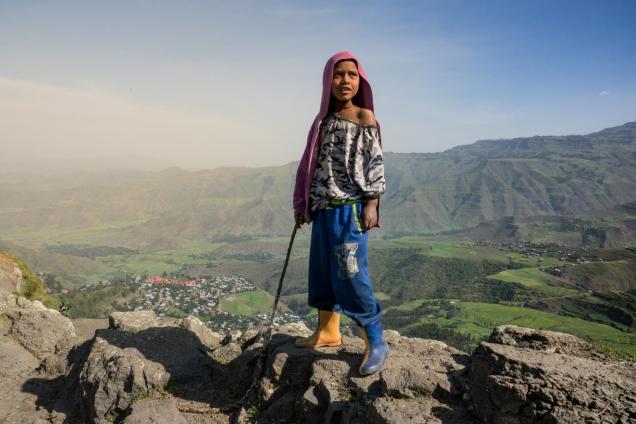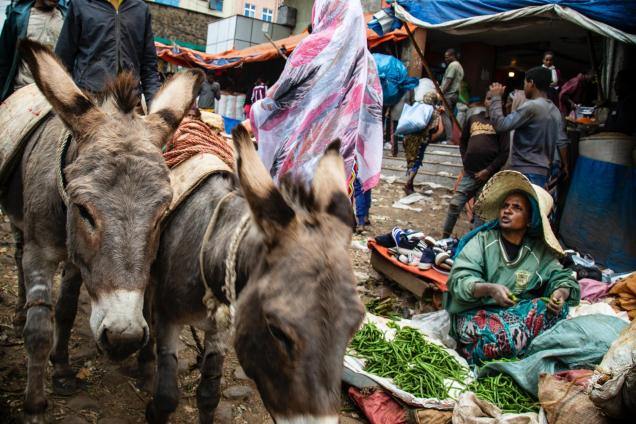Ethiopia
Africa
Ethiopia has a population of 109 million people. Pastoralism is one of the main livelihoods with around 11.4 million families in the country producing livestock. More than 65 per cent of working Ethiopians are employed in agriculture. The country is also relatively young, with 12 per cent of Ethiopians between the ages of 15 and 19.
Exclude from innovations page filters Off